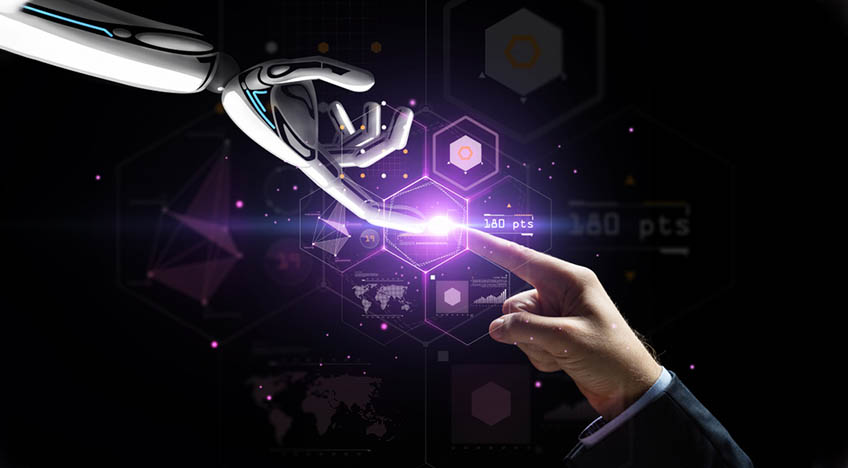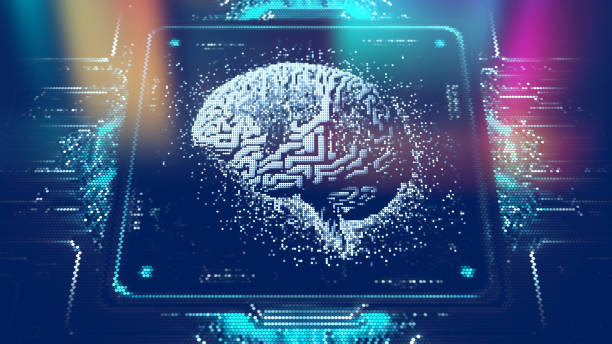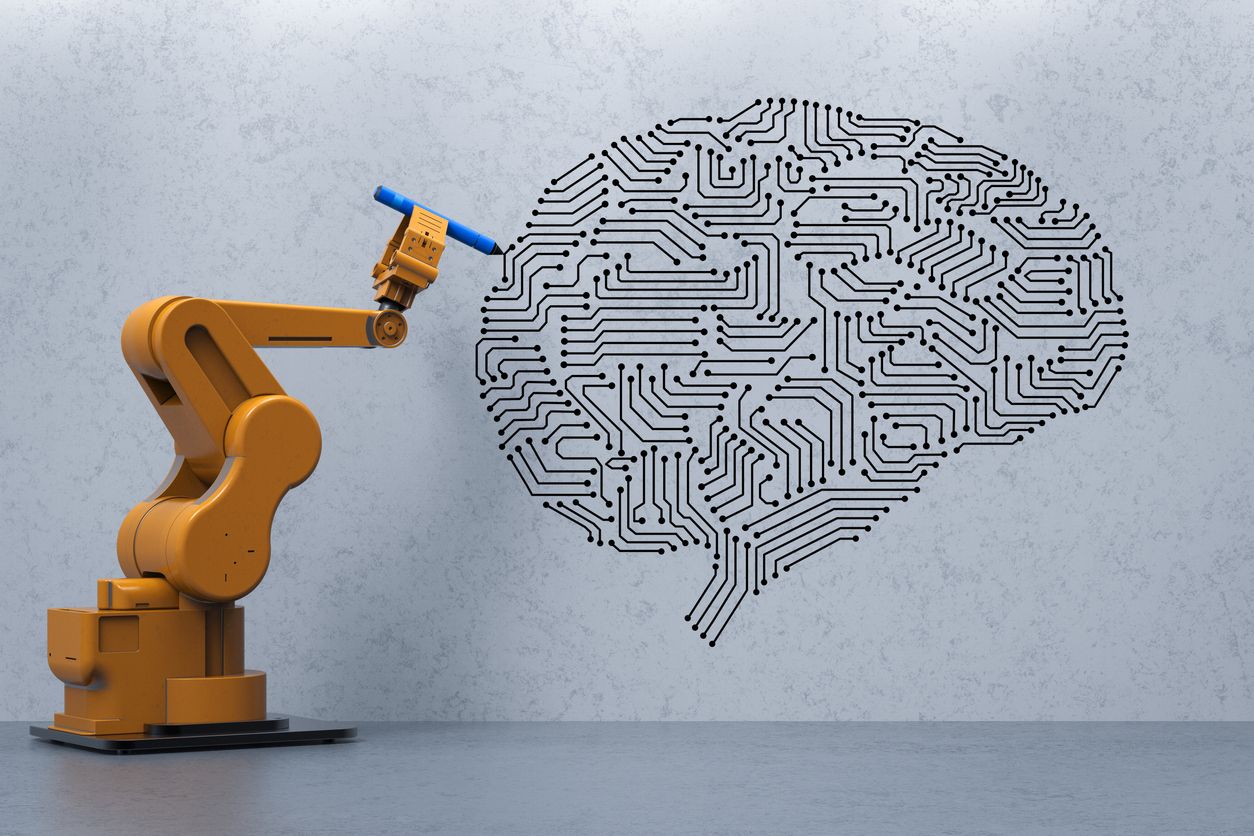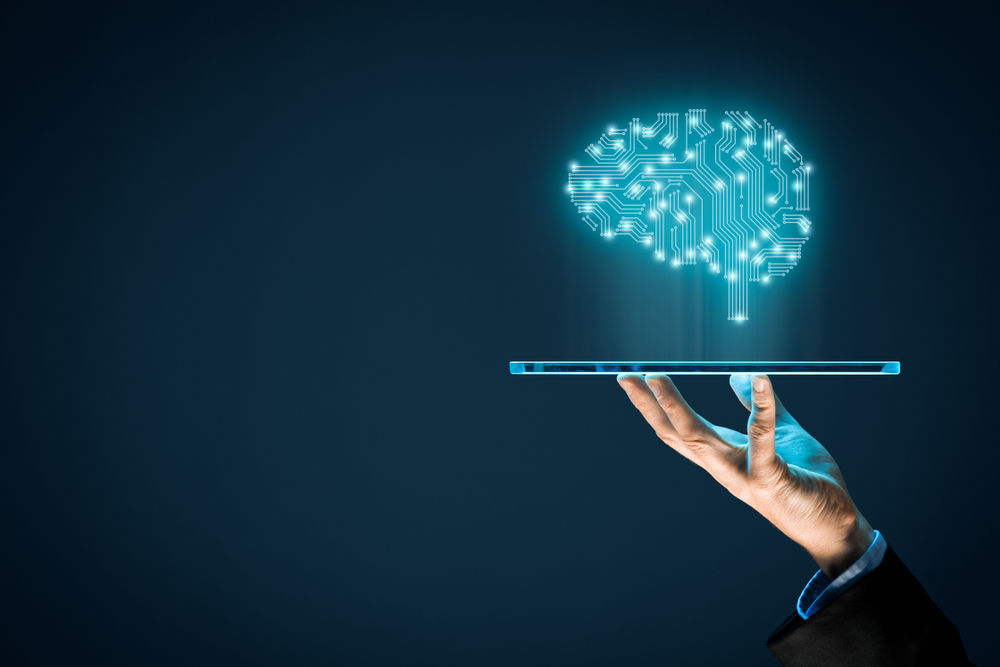Psychology is the foundation of artificial intelligence because it provides a set of principles that allow computers to learn and reason. In other words, AI relies on psychology to understand how humans think and act. Because AI is so reliant on psychology, it’s important for businesses to understand how people think and behave in order to create effective marketing campaigns. And that’s where psychologists come in. By understanding how consumers think and behave, businesses can better target their marketing efforts and ultimately produce more successful campaigns.
Psychology is the foundation of artificial intelligence because it deals with the human mind
Psychology is the foundation of artificial intelligence because it deals with the human mind. Psychology is the study of mental processes, behaviors, and emotions. This knowledge can be applied to develop computer models that imitate human behavior. Artificial intelligence is based on psychological principles, so understanding how humans think and learn is essential for creating intelligent machines.
AI relies on several principles that were first discovered in psychology
One of the founding principles of artificial intelligence is that AI relies on psychology. This is because, as AI has become more sophisticated, it has been able to draw upon a range of psychological knowledge in order to make better decisions.
One example of this is the use of heuristics and biases. Heuristics are quick mental shortcuts that help us solve problems quickly. For example, we might remember to lock our door if we’ve had a break-in in the past, even if we haven’t noticed any recent theft attempts. Biases are patterns of thought or behavior that can affect our decision-making, and can often be unconscious. For example, women tend to underestimate their ability in math and science occupations, while men overestimate their abilities.
Another principle that AI relies on is reinforcement learning. Reinforcement learning is a type of learning where the learner gets feedback after making choices in order to learn from it and improve its performance next time around. For example, if I were playing a game where I had to guess which item was hidden behind some other items on a screen, I would get points for each correct answer – but I would also lose points for each incorrect answer. After getting a few correct answers, my brain would start to associate guessing correctly with earning rewards (points), and would start making better guesses in future games – without needing any explicit instructions from me!
All these principles – heuristics, biases, reinforcement learning – are the foundation on which AI is built. As AI becomes more sophisticated, it will be able to apply these principles to a wider range of tasks and problems, making it even more powerful and useful.
The application of psychology in AI has led to improved accuracy and efficiency
The application of psychology in AI has led to improved accuracy and efficiency. For example, studies have shown that using artificial intelligence to predict human behavior can be more accurate than using traditional methods such as surveys or interviews.
One reason for this is that psychologists understand human behavior from a personal perspective. By understanding how people think, feel, and behave, artificial intelligence can make better predictions about how people will act in the future. Additionally, psychologists have developed algorithms that use cognitive psychology principles to improve decision-making processes within AI systems.
For instance, one cognitive psychology principle is the sunk cost fallacy. The sunk cost fallacy occurs when someone invests time and money into something with the expectation of achieving a desirable outcome and then becomes unwilling to abandon this investment even if it no longer seems worth it. By using AI systems that are aware of this principle, they are able to make better decisions based on past experiences rather than succumbing to the sunk cost fallacy.
Overall, the application of psychology in AI has lead to significant improvements in accuracy and efficiency. By understanding human behavior from a personal perspective, we can create systems that are more accurate and efficient.
A future where psychology is used as the foundation for artificial intelligence is promising
There is no denying that psychology plays a foundational role in the development of artificial intelligence. In fact, many experts believe that understanding human behavior is essential to creating intelligent machines that can carry out complex tasks.
One of the main reasons why psychologists are so crucial to the development of AI is because they know how humans think and behave. This information is invaluable when it comes to designing computer programs that can replicate human intelligence.
Furthermore, psychologists have also been able to develop techniques for building AI based on cognitive science principles. This approach allows AI developers to build machines that are capable of dealing with complex problems and reasoning through difficult situations.
Overall, it is clear that psychology is an essential component of artificial intelligence – and there is no sign of this trend slowing down any time soon.
Conclusion
Perhaps psychology is the foundation of artificial intelligence because AI relies heavily on understanding human behavior in order to interact with the world. In the past, psychologists have been responsible for developing theories such as cognitive behavioral therapy, which has been used to treat a variety of mental health issues like anxiety and depression. With continued research into artificial intelligence and its relationship to psychology, it is likely that this field will continue to play an important role in both fields moving forward.





